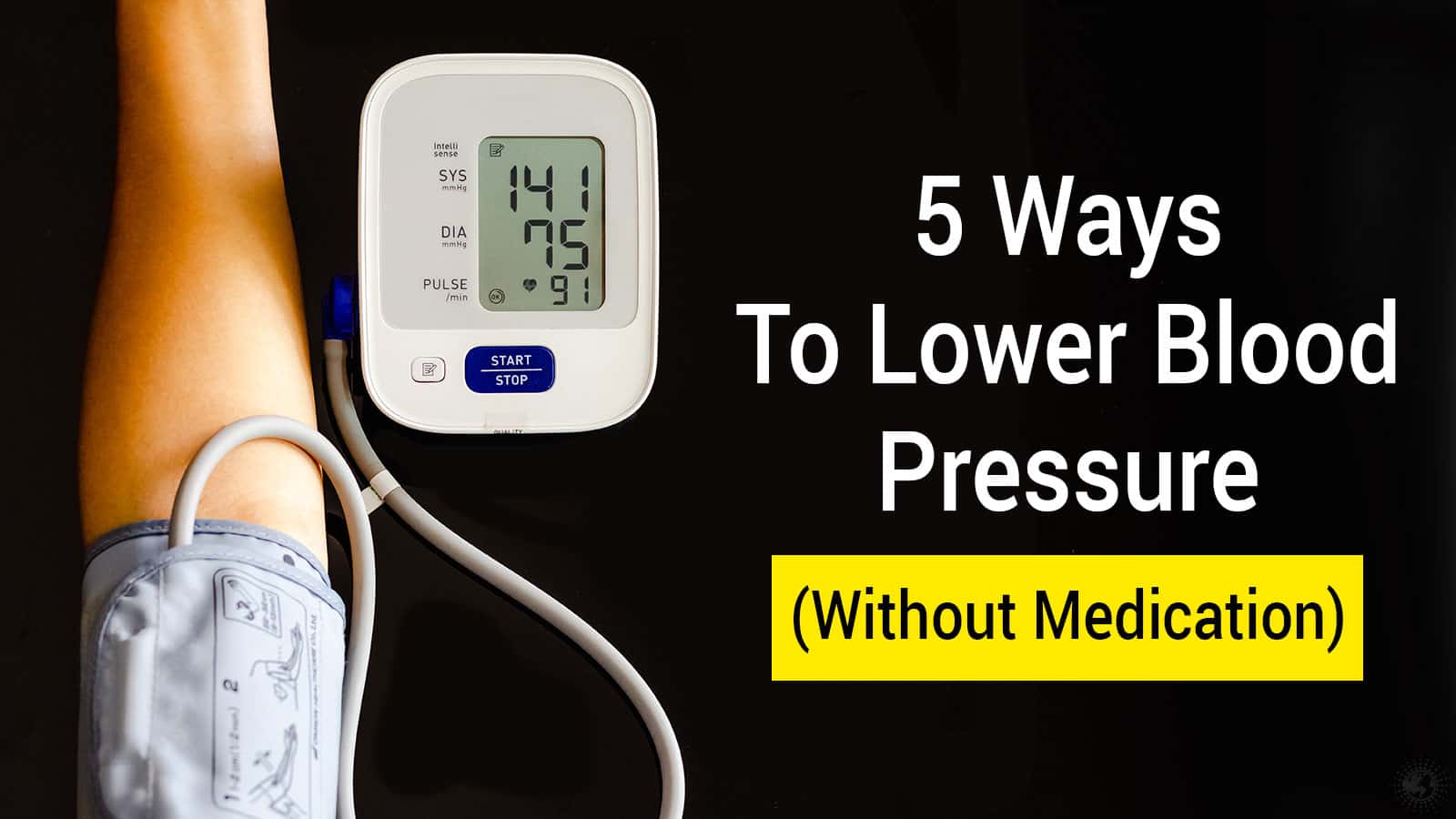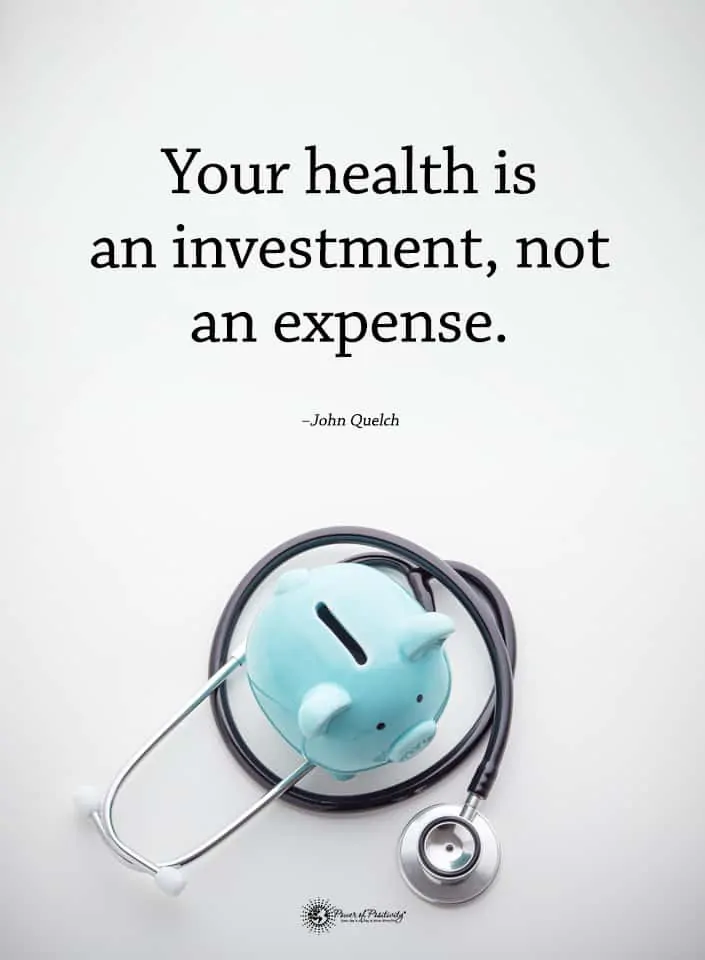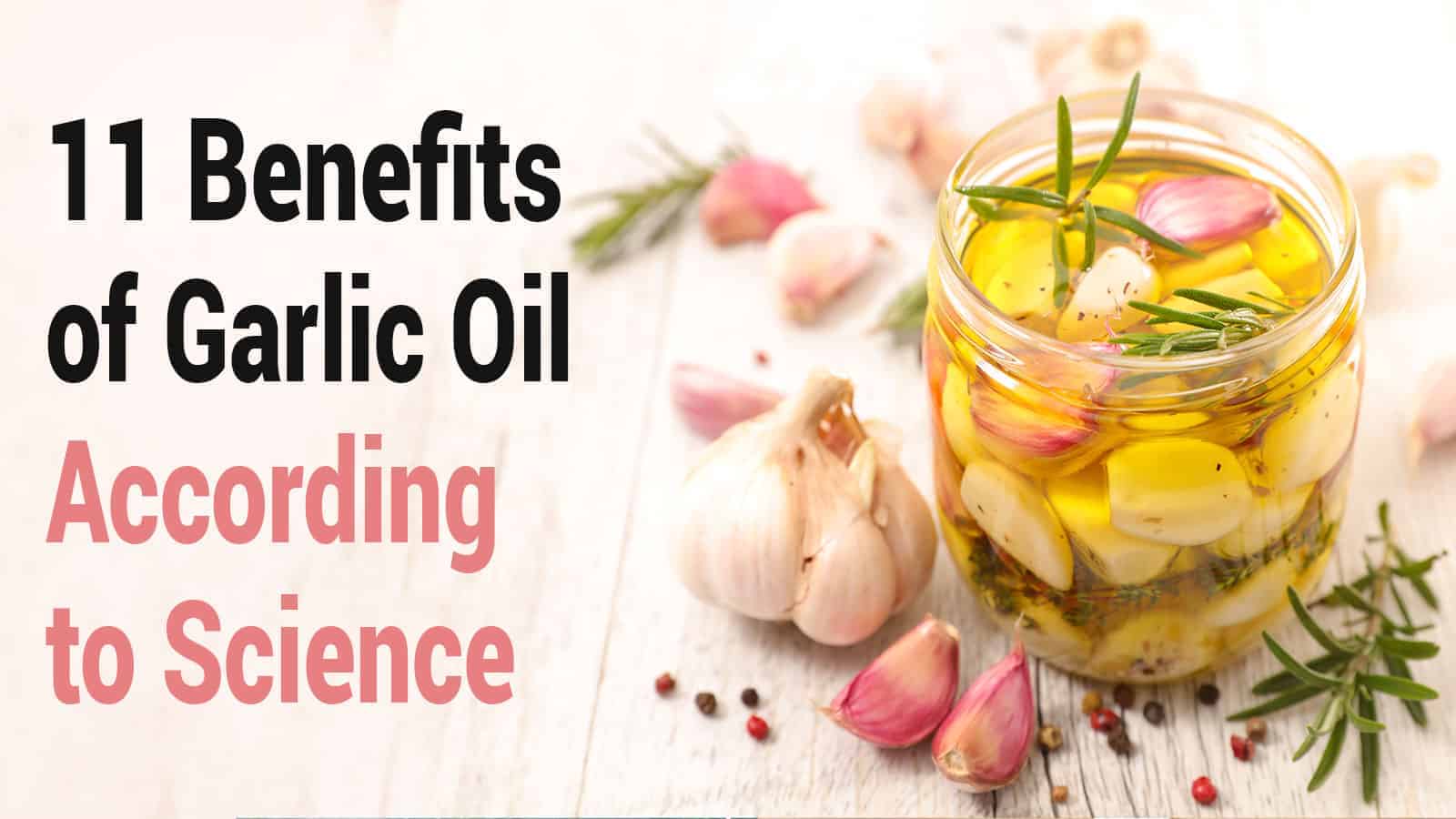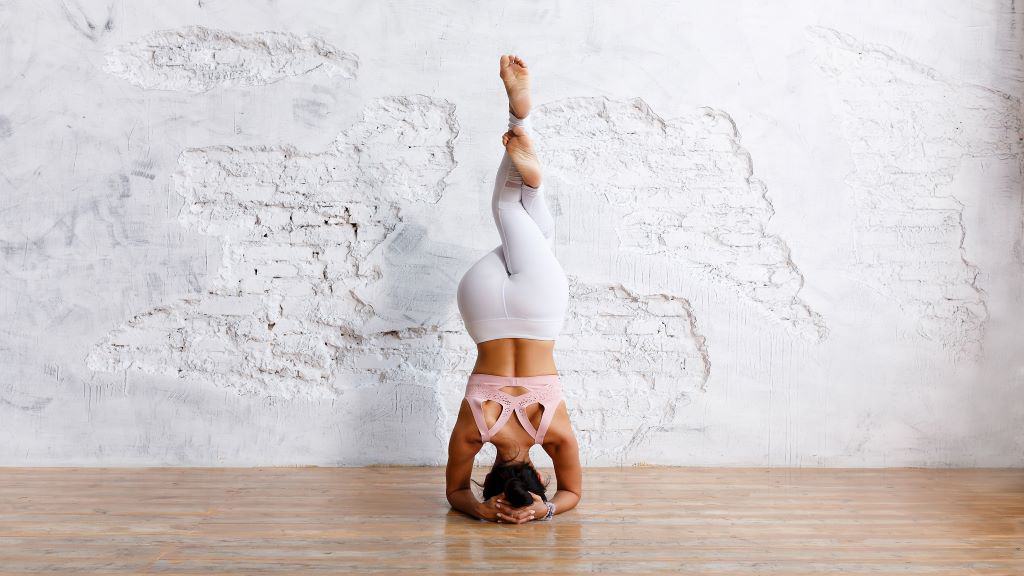High blood pressure is often caused by narrowing blood vessels and arteries. Hypertension connects to adverse cardiovascular health. Plus, it can worsen your risk of developing many diseases as you age.
Blood pressure medication is readily available in most places, but not everyone has that option or wants to become too used to them. Luckily, there are ways to bring down blood pressure in a natural way.
Here are five ways to lower your blood pressure without medication.
1 – Reduce Certain Food and Drink Intakes
A lot of what we eat and drink can affect health in general. Blood pressure isn’t the only aspect that can be harmed by a poor diet. You also put yourself at risk for many other disorders and conditions when you don’t eat well.
If blood pressure problems are plaguing you, you might be surprised by how much that pressure can balance out if you cut down certain foods and beverages. Here are some to reduce the intake of:
Sodium
Sodium – the component you get from eating a lot of salt – is present in high amounts in processed foods. High sodium consumption has been linked to issues such as heart problems, high blood pressure, and even increased risk of stroke. More research is needed to entirely place a positive link between sodium and hypertension, but this mainly due to genetic differences, as different people process sodium in different ways.
Sugars
Sugar links to a wide range of disease risks, including hypertension. Even only drinking a single serving of soda per day can lead to higher blood pressure levels than those who drink less than that. Less-sugar beverages, on the other hand, as replacements for high-sugar ones, can help bring blood pressure back down. The same thing happens with junk food and other refined carbohydrates; in fact, carb-restricted diets can reduce blood pressure, alongside other common markers for heart disease.
Caffeine
There isn’t a lot of evidence around the idea that caffeine generally severely increases blood pressure on a long-term basis. Some studies even show that regular, non-excessive coffee intake can help reduce the risk of a wide range of arterial disorders and heart problems. However, those who are caffeine sensitive may suffer more from consuming caffeine too regularly, as there is at least a short term spike in blood pressure when you take caffeine.
Alcohol Intake
Did you know that a whopping 16% of all cases of hypertension link to alcohol consumption? This isn’t to say that drinking any alcohol is bad; moderate consumption, defined as two drinks per day for men or one drink per day for women, can help to protect cardiovascular health. But consuming more than that is likely to raise blood pressure without any positive sides to back it up.
2 – Increase Certain Nutritional Intakes
Just as reducing certain food and drink consumption can help bring down blood pressure, increasing some consumption can help! Healthier forms of nutrition can do wonders for full-body health, improved blood pressure included. Here are some things you should be eating more of if you want to balance out your blood pressure:
Calcium
A fairly common problem in those with hypertension is that they don’t consume enough calcium. A diet rich in calcium has been linked to healthier blood pressure balance. As such, you should aim to consume around 1000 mg of calcium per day, increasing that to 1,200 mg as you age. The nutrient comes in leafy greens, collard greens, dairy, sardines, beans, and tofu.
Potassium
This highly crucial mineral helps reduce blood vessel strain by aiding in the removal of sodium. As we’ve previously discussed, sodium can have relatively serious adverse effects on blood pressure when repeatedly taken in excess. Potassium is present in dairy (yogurt, milk), fruit (avocados, apricots, bananas, oranges, melons), vegetables (tomatoes, sweet potatoes, potatoes, leafy greens), fish (salmon, tuna), nuts, beans, and seeds.
Berries
There is a compound in berries called a polyphenol that provides moderate benefits for the heart. Individuals who consume them on a regular, long-term basis have better blood pressure and heart health overall, and this even works for those who have bad blood pressure to begin with!
Garlic
Garlic and its extract, as well as other similar herbs, provide aid to blood pressure levels, bringing them down. In general, garlic has plenty of positive effects beyond just this, too.
Dark Chocolate
There are plenty of benefits that you get when you eat dark chocolate, and one of these positive effects is blood vessel dilation. This is thanks to compounds within them called flavonoids. Small amounts of dark chocolate or cocoa provide these compounds, which help the body’s vessels to promote better circulation, thus lowering blood pressure. Opt for dark chocolates with no added sugars for the best results.
Magnesium
Just like some of the other components we’ve mentioned, magnesium is a blood vessel dilator. As the blood vessels relax, blood can flow more easily through them, reducing congestion and blood pressure. The links between magnesium and blood pressure are still unclear to some degree. Still, consuming sufficient magnesium can help with blood pressure health. You can find this mineral in legumes, meat, chicken, vegetables, whole grains, and dairy products.
Tea
Drinking certain kinds of tea – even up to three cups of hibiscus tea every single day! – can help lower blood pressure significantly, and within six weeks, seven points of systolic blood pressure can be dropped. This is largely due to the phytochemicals within the hibiscus flower and thus may work for any tea rich in those components.
3 – Physical Activity
You’ve probably heard plenty of times that physical activity can help improve your life in countless different ways. Those who exercise very regularly rarely deal with dangerous hypertension. Here are some forms of physical activity to consider, and why you should consider them:
General Exercise
All forms of exercise help with many functions, including boosting heart and lung health, providing feel-good hormones for positive thinking, and reducing artery pressure, thereby bringing down blood pressure. 75 minutes of intense exercise or 150 minutes of moderate exercise weekly can provide these results. This is because exercise helps make the body more efficient, so it processes oxygen better.
Power Walks
When the results of more than 400 relevant studies are analyzed, a conclusion can be drawn that brisk walking as an exercise (alongside other forms of regular exercise) can be just as effective as hypertension drugs in improving the blood flow. Thirty minutes of this kind of cardio per day can help with this, and you can challenge yourself further by boosting the speed of your walks or adding weights to your regimen.
Yoga
Some people roll their eyes at yoga, but it’s an excellent means for improving a wide range of things, from posture to positive thinking and, of course, blood pressure. The combination of stretching, strength-based exercise, breathing control methods, and meditation allows for a significant decrease in blood pressure levels compared to people who don’t exercise.
Relaxation Methods
You’ve probably heard that stress elevates blood pressure, and people often joke about how high their blood pressure is when they’re dealing with negative emotions. This is actually somewhat accurate – the more relaxed you are, the better your blood pressure levels will be, but you have to choose the right methods of relaxation. Here are some to consider:
Meditation
This is a very common method for reducing overall stress. It helps the body to relax by activating a part of the nervous system known as the parasympathetic system, which helps to relax the heart rate. Different variations of meditation can have different effects altogether!
Deep Breathing
Taking deep breaths can lower blood pressure compared to sitting still. If you stay put and focus on your breathing for six deep breaths over 30 seconds, you may be able to experience dropped pressure. Most breathing exercises will provide similar results.
Listen To Music
There’s a good chance that you already listen to music when you need some relaxation. But specific types of music can do more than just relax you – they can also help to bring down your overall blood pressure. Celtic, Indian, and classical music, when listened to for just half an hour every day over several months, can do the trick.
4 – Lifestyle Changes
Bad blood pressure, when not the result of congenital issues, is typically the result of certain lifestyle choices. Changing aspects of your lifestyle can be much easier said than done. Still, seeing as hypertension can put you at risk for potentially fatal complications, you may want to consider implementing certain lifestyle changes to lower it. Here are some changes to consider:
Quit Smoking
You don’t need us to tell you just how bad smoking can be for health on the whole. As soon as you begin smoking, blood pressure spikes immediately. The spike is temporary, but eventually, long-term smoking causes blood vessel damage and artery narrowing, which both worsen blood pressure. Do note that even secondhand smoke can increase hypertension, so if you live with a smoker, inhaling the cigarette fumes can harm you, too.
Sleep On Time
When you sleep, your blood pressure drops, and insufficient sleep means your blood pressure is higher. Sleep-deprived individuals often face a worsened risk of developing blood pressure imbalance. So doctors recommend that you sleep for between 7-9 hours to avoid those problems. A regular sleep schedule, winding down at night, and avoiding naps during the day can help with sleep.
Lose Weight
Being overweight can significantly harm your heart health. Just losing 5% of overall body mass can help to bring down blood pressure. This is because weight loss helps the blood vessels maintain flexibility.
5 – Cut Down On Work
People who work for over 41 hours per week increase their risk of developing hypertension by a good amount. This doesn’t mean you need to leave early and should never do overtime ever, but it does mean that you need a good balance of work and life to avoid optimal health.
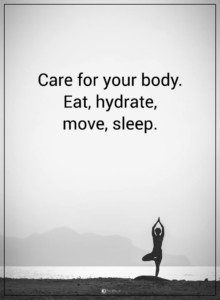 Final Thoughts On Some Ways To Lower Your Blood Pressure Without Medication
Final Thoughts On Some Ways To Lower Your Blood Pressure Without Medication
Hypertension comes with a wide range of health issues. If you don’t always have access to medication or simply don’t want to rely on them long-term, there are natural ways that you can lower your blood pressure. Try them out, and you’ll be surprised by how well they can work!


